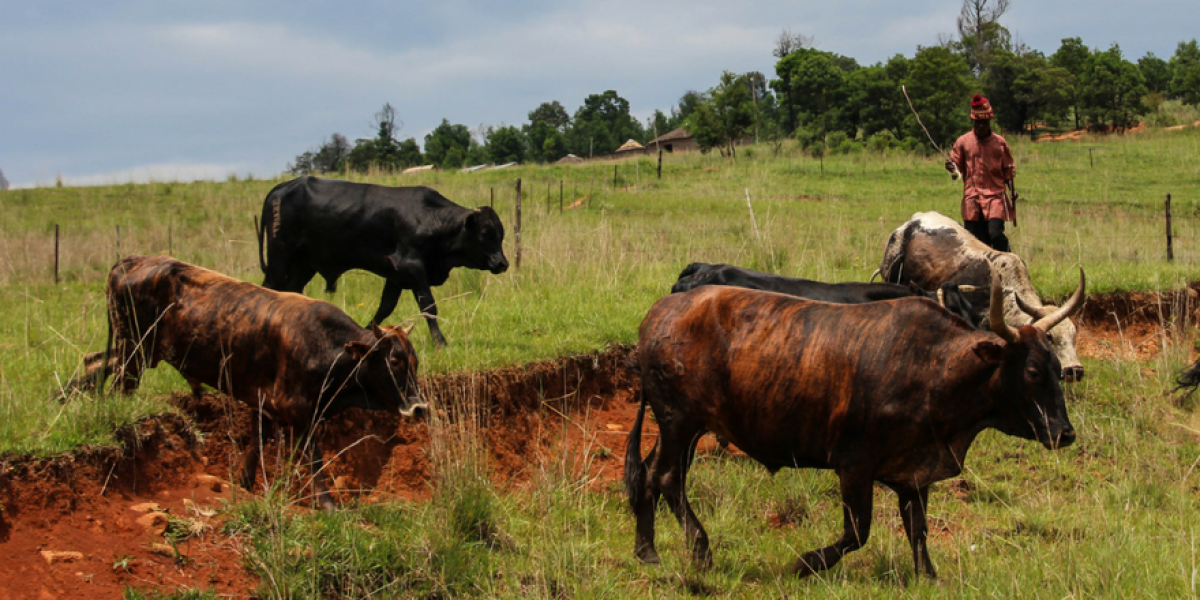The climate of the Southern African region is moving towards drier and hotter regimes. Livestock production will be significantly affected by the change and variability of climate, yet the response to climate change in the region has been unco-ordinated and sporadic. The drought of 2015/2016, which has been the most severe in 35 years, has forced policymakers to rethink this issue. As a result, SADC has recently drawn up a Regional Climate Change Strategy and Action Plan to co-ordinate adaptation and mitigation efforts in the region. Many countries in Southern Africa have limited climate change frameworks for the agricultural sector, and still less for the livestock sector. The region is endowed with a rich diversity of livestock, contributing significantly to the agricultural gross domestic product (GDP). Livestock will be adversely affected by increases in temperature, reduced rainfall and other aspects of climate change. Livestock production itself contributes to climate change but smart adaptation initiatives can result in fewer and more efficient animals. Opportunities exist to use indigenous animal genetic resources and green technologies, which can form part of carbon-neutral, climate-smart production systems. It is important to create regional networks where experiences are shared and lessons learnt to enhance effective adaptation of the livestock sector in the region.








